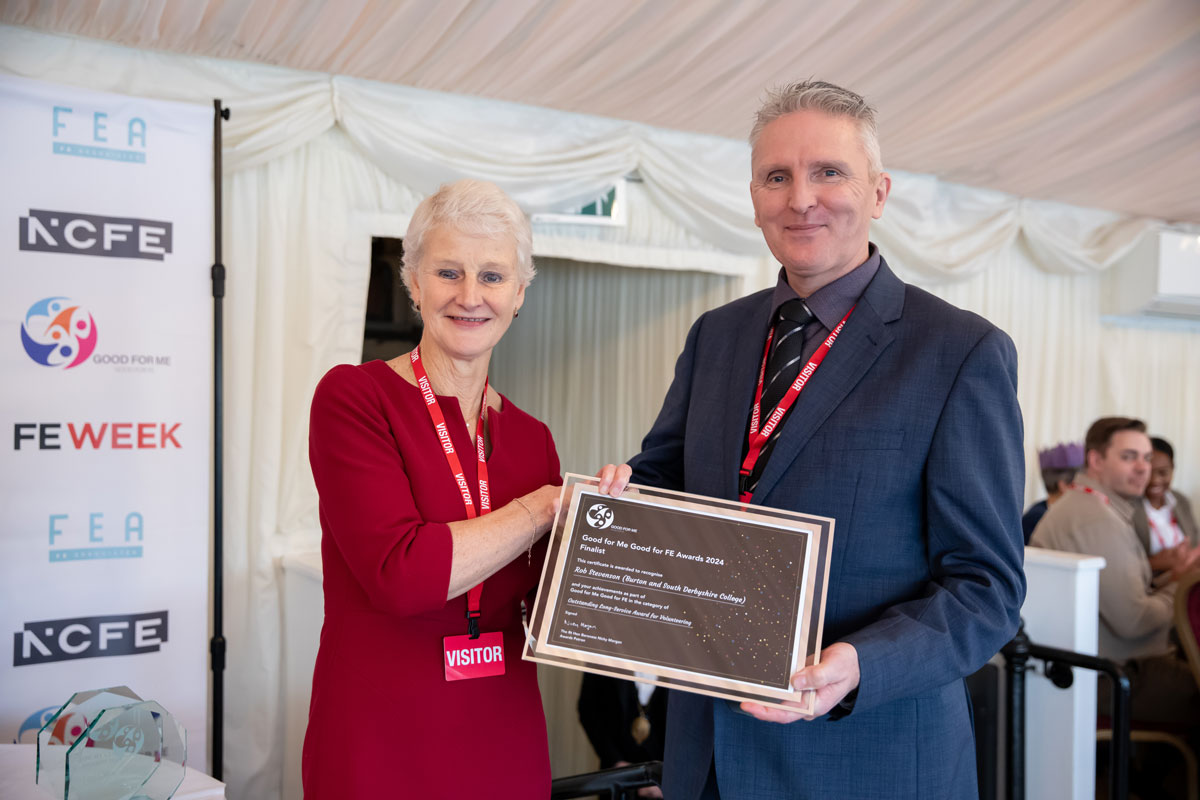New climate change education action plan inspired by Japanese art promises long term impact

Professor Leigh Hoath, Deputy Dean of the School of Education at Leeds Trinity University (@LeedsTrinity), and Heena Dave, Senior Curriculum Designer at the Teacher Development Trust, co-authored a recent report detailing actions to implement climate change education in schools in a sustainable way that promises long term impact. The actions are inspired by the Japanese art of Kintsugi, which involves mending broken pottery with gold lacquer – a metaphor for transforming brokenness into resilience.
The report was published on Friday 2 February and promotes a unique approach inspired by Kintsugi, where action should be taken by working with current resources to create a more resilient outcome which can be sustainable in the long run. Each chapter is introduced by lyrics from the Scottish folk band Tide Lines, which are meant to celebrate the beauty of nature.
According to the report, the challenges encountered in education, like dealing with the fragments of a broken ceramic bowl, provide an opportunity to create a stronger, more resilient outcome. “Although this measured strategy may seem counterintuitive in the urgency of addressing climate change, it is more likely to lead to sustained improvement and make optimal use of the limited resources within the school system,” explain Professor Leigh Hoath and Heena Dave in the report.
Several education leaders across the country contributed to the report by detailing the actions implemented in their schools to reflect the new recommendations by the Climate Adapted Pathways for Education (CAPE) – an alliance of researchers, educators and partners across the UK. Jonathan Rice, Executive Headteacher for Caister Primary Federation, explained that they are prioritising changes using the limited resources at their disposal, as well as investing in professional development. Nick White, Learning Officer for Youth and Abigail Tinkler, Head of Learning at the City of London Corporation explained the benefits of an outdoor learning programme especially for disadvantaged youth with limited access to green spaces. This creates environmental awareness and a sense of purpose in children and young people.
Professor Leigh Hoath said:
“The greatest challenge for school leadership is taking the brave step to slow things down to get them right when there are so many competing priorities. This report, which we are very proud of, draws upon the expertise of leaders who have done this and the impact for staff and children is clear. It is for the leaders in education to create a culture within educational settings where this can be done, and we have supported many in doing so with very positive outcomes.”
Heena Dave said:
“Adapting existing curricula which meet the needs of children and young people is something that we do in education. It is right that this approach is also taken to Climate Change Education – our learners deserve high-quality teaching in this area. The thought and consideration at the implementation stage creates the foundation for moving forward and is key to making the difference and ensuring that approaches can be long term.”
Professor Leigh Hoath and Heena Dave are the co-founders of CAPE, working to equip younger generations with the knowledge and skills to protect the planet. The report will support the effective implementation of climate change education (CCE) using existing curricula within schools and Trusts.
The actions detailed in the new climate change education report launched by CAPE focus on equipping children and young people to address climate change effectively, ensuring that every child and young person is prepared to tackle climate change and enabling future generations to navigate the intricate connections between scientific, environmental, societal, and economic factors associated with climate change.











Responses